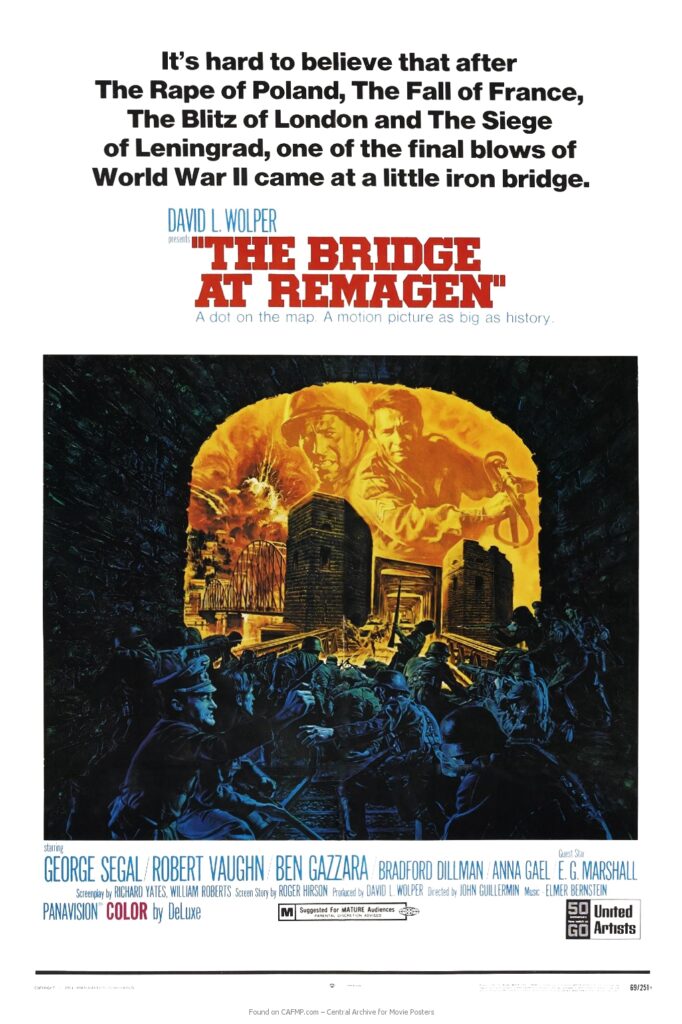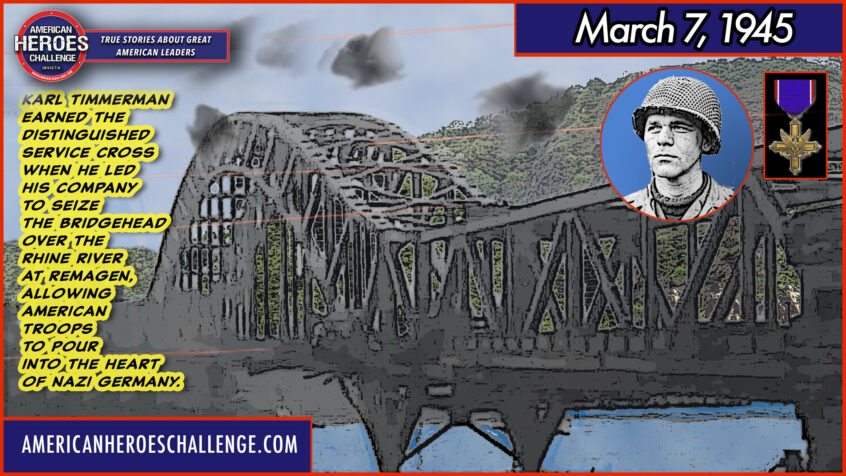Army Lieutenant Karl Timmerman earned the Distinguished Service Cross when he led his company across the Remagen Bridge, seizing the last standing path across the Rhine River, removing explosives, routing the German defenders, and opening a major route into the heart of the Reich, hastening Germany’s collapse. Honor and remember him!
From Nebraska, Timmerman’s father had served with Army of Occupation in Germany in 1919, where he met Zimmerman’s mother after going AWOL, which was a source of great embarrassment to the entire Timmerman family.
As a boy, Zimmerman attended the Citizens Military Training Camp for two summers before graduating from high school in 1940. Ashamed of his father’s conduct in the Army, Karl and his three other siblings all volunteered for service in order to “make it right again” for their families.
While training with the 3rd Infantry Division, Timmerman was selected for Officer Candidate School, and was assigned to the 9th Armored Division, landing in France in September 1944, and sent to the supposedly quiet sector of Ardennes. Timmerman wound up in the thick of the Battle of the Bulge, in fierce combat near St Vith. Part of his company was captured by the Waffen SS and executed at Malady.

The day before the events at Remage, Timmerman took command of Able Company when his company commander was wounded in action. On the afternoon of March 7, American troops fought to the western edge of the Remagen Bridge and were surprised to find it intact. Timmerman and his men were ordered to rush the bridge. He sent half of his men to secure the fair side, while the other half cut wires and removed explosives. The Germans blew explosives under the bridge’s east side, but they only rattled the structure, causing it lift up and then slam down again. Timmerman and fifteen men secure the bridge’s far side, negotiating the surrender of 300 German soldiers and civilians nearby.
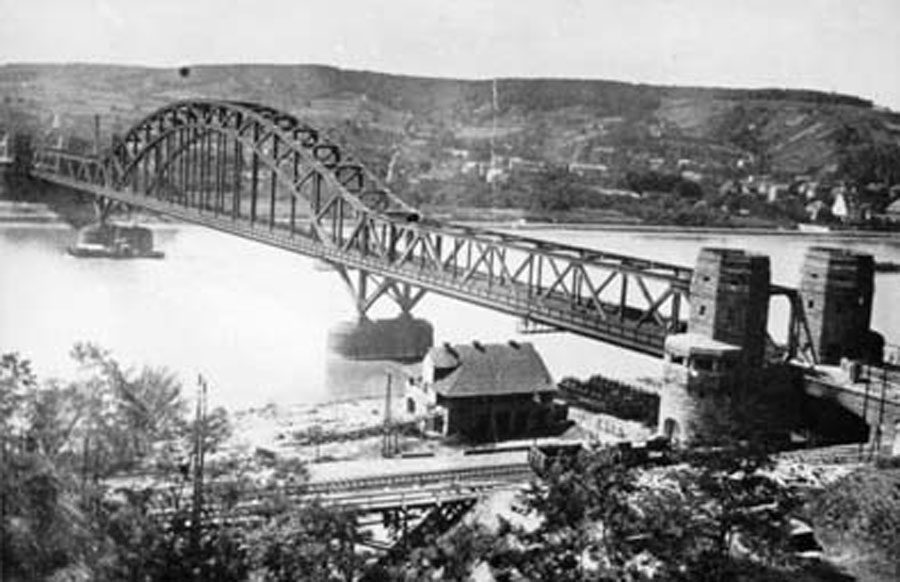
Eisenhower said the bridge was “worth its weight in gold” and “one of those bright opportunities of war which, when quickly and firmly grasped, produce incalculable effects on future operations”. The press called the seizure the “Miracle at Remagen”.
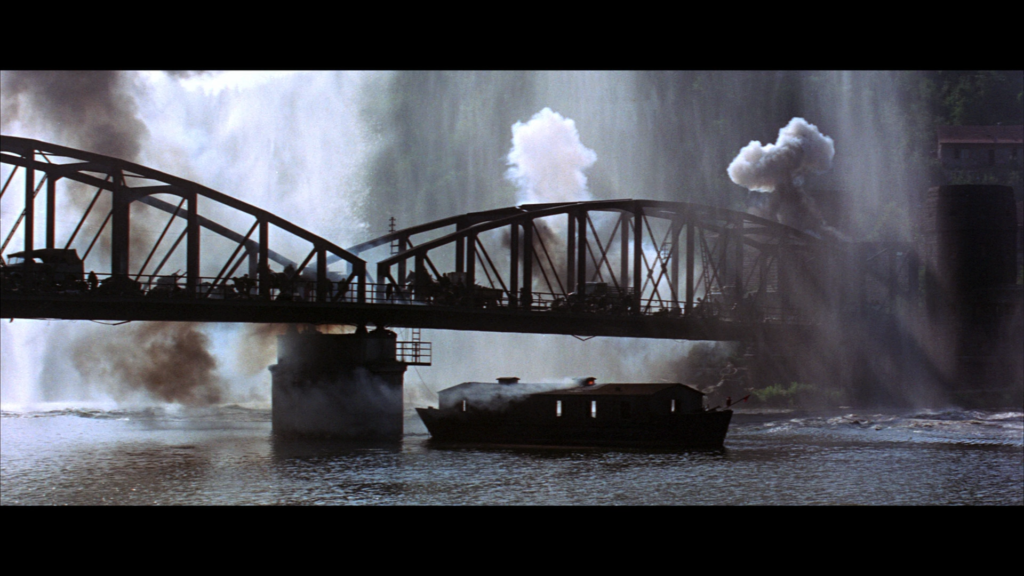
The bridge was used until March 17, when the Germans finally succeeded in destroying it, killing 28 Army engineers in the process. By that point, the Army had seized enough ground on the far side of the Rhine to build multiple other crossing points.
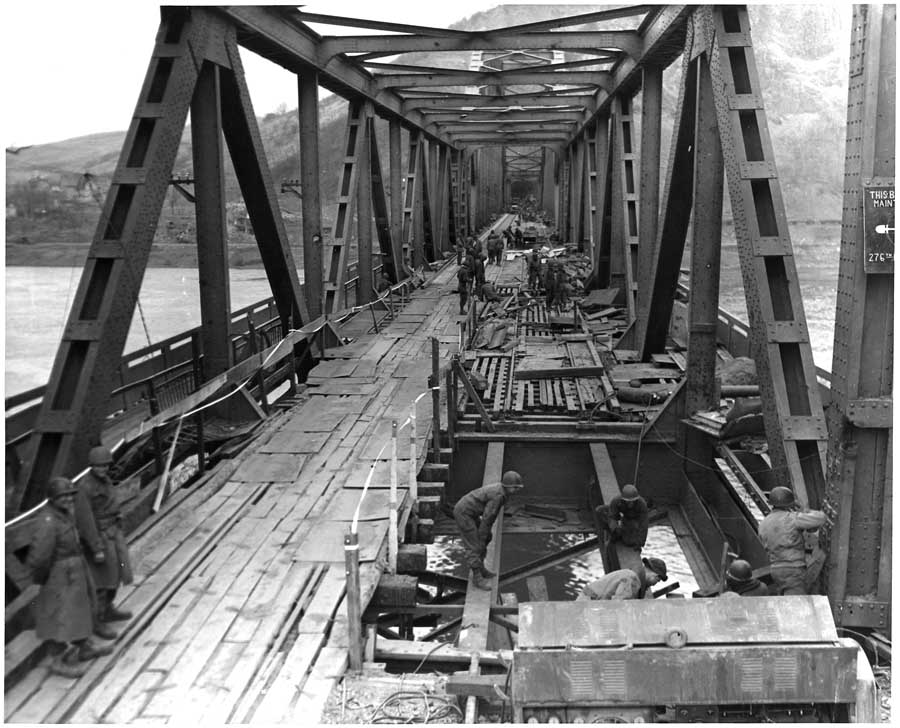
Timmerman was on leave in Paris at that point, where he read in Stars & Stripes that he was a hero. His seizure of the bridge was hailed as “one of the war’s most electrifying feats”. After the War, he returned to Nebraska but found that he missed Army life and reenlisted and then fought in Korea. He died, sadly, of cancer when he was only 29 years old. Timmerman Park in his hometown of West Point, Nebraska was established in his honor.
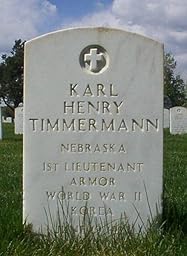
If you know this story from the 1969 film, Bridge At Remagen, it apparently was loosely based on Timmerman, and Is not a realistic portrayal of events. I have not seen that movie in years myself.
